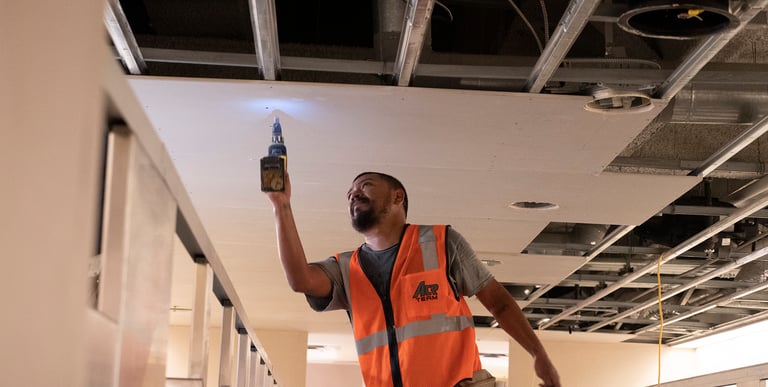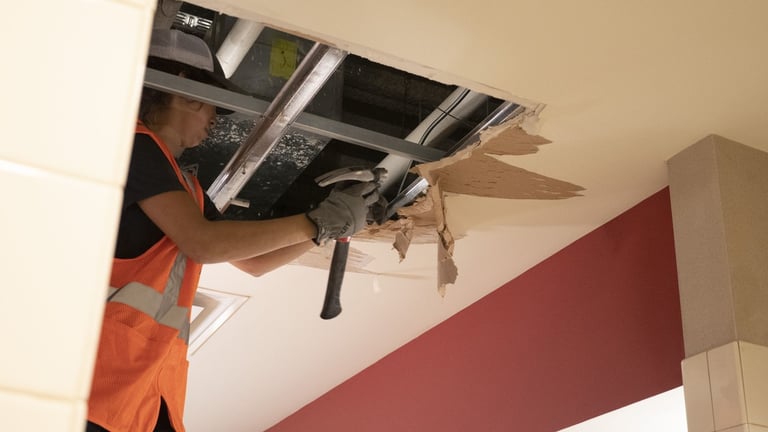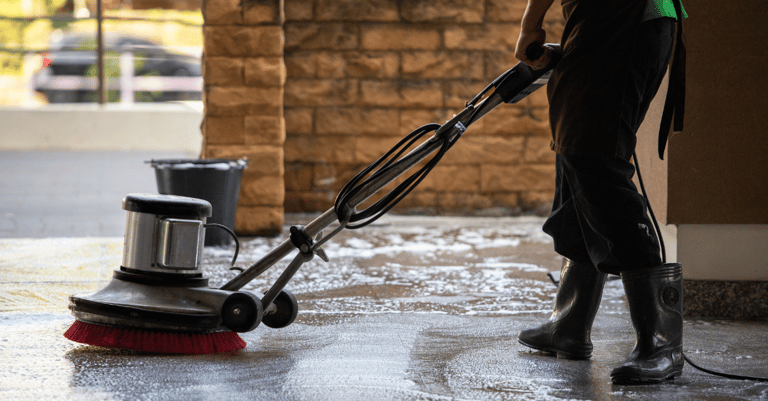Environmental consultants can play a critical role in the restoration process of many different types of facilities. In this blog post, we will highlight the role they would play after smoke damage in a factory containing complex machinery or other equipment and why ACR project managers would seek this expertise.
Benefits to the Client: Defining Restoration Processes
Environmental consultants often recommend specialized cleaning protocols and processes for production facilities with complex machinery, ensuring thorough decontamination while minimizing downtime.
Here’s an overview of how we approach the task together:
- Damage Assessment: Consultants begin with a comprehensive assessment of the environmental impact caused by events such as fires or chemical spills. This assessment forms the basis of the restoration plan. Before any cleaning begins, they perform a detailed assessment to understand the type of contaminants, the extent of the damage, and the sensitivity of the machinery and equipment.
- Detail-Oriented Processes: They emphasize the importance of attention to detail in the cleaning process, ensuring that even the most inconspicuous parts of complex machinery are decontaminated.
- Custom Cleaning Solutions: Based on the assessment, they recommend cleaning agents and methods suitable for the specific types of machinery and contaminants involved. This might include solvents for degreasing, detergents for soil removal, or specialized agents for hazardous substances.
- Certification and Documentation: They may require cleaning processes to be certified, with detailed documentation, to provide evidence of thorough decontamination for regulatory compliance and quality assurance purposes.
- Disassembly for Access: Complex machinery may require partial disassembly to access all contaminated areas. Consultants provide protocols for disassembly, cleaning, and reassembly to ensure there’s no residual contamination.
- Segmented Cleaning: They might recommend segmented cleaning processes, where machinery is cleaned in sections to allow parts of the production line to remain operational, thereby reducing downtime.
- Staged Cleaning: Cleaning and restoration are often staged to prioritize critical machinery and processes, allowing production to resume in phases.
- Air Quality Control: Post-cleaning, air scrubbers and filtration systems may be used to capture airborne contaminants released during the cleaning process.
- Waste Disposal: Consultants will outline proper procedures for the disposal or recycling of cleaning waste, ensuring compliance with environmental regulations.
- Scope of Work (SOW) Documentation: Consultants document the necessary steps to restore the facility, detailing the extent of cleanup, repair, or rebuild required, including how to handle hazardous materials and debris.
- Time Management: A detailed SOW allows for the efficient scheduling of restoration activities and minimizes downtime. It also helps to prevent scope creep, which can lead to delays.
- Regulatory Framework Integration: They ensure that the scope of work adheres to all applicable environmental regulations, helping to navigate the complex permit process and avoiding potential fines and legal issues.
- Testing and Validation: After cleaning, they may conduct swab testing or use other methods to validate the cleanliness of machinery and ensure that production can safely resume.
- Expectation Setting: A precise SOW sets clear expectations for all stakeholders, including the restoration company, facility management, employees, insurers, and regulatory bodies.
- Stakeholder Communication: Consultants can outline a communication plan to keep stakeholders informed about the restoration process, demonstrating transparency.
- Downtime Planning: They work with facility managers to schedule cleaning during planned downtime or low-production periods to minimize the impact on operations.
Partnering with environmental consultants is vital in dictating the SOW for the restoration of production facilities.
By providing these tailored cleaning protocols and processes, environmental consultants with ACR help ensure that production facilities can recover quickly and safely from contamination incidents with minimal disruption to their operations. Contact us to learn more about commercial restoration and cleaning.





